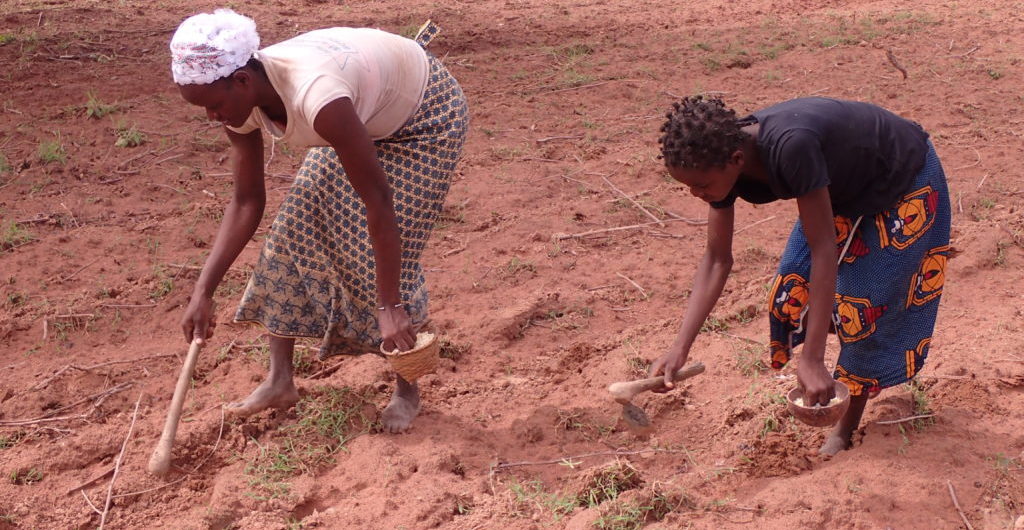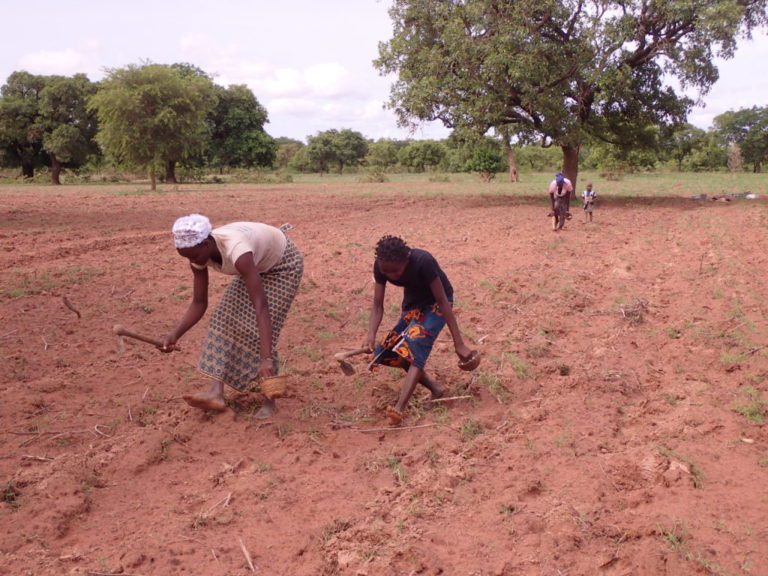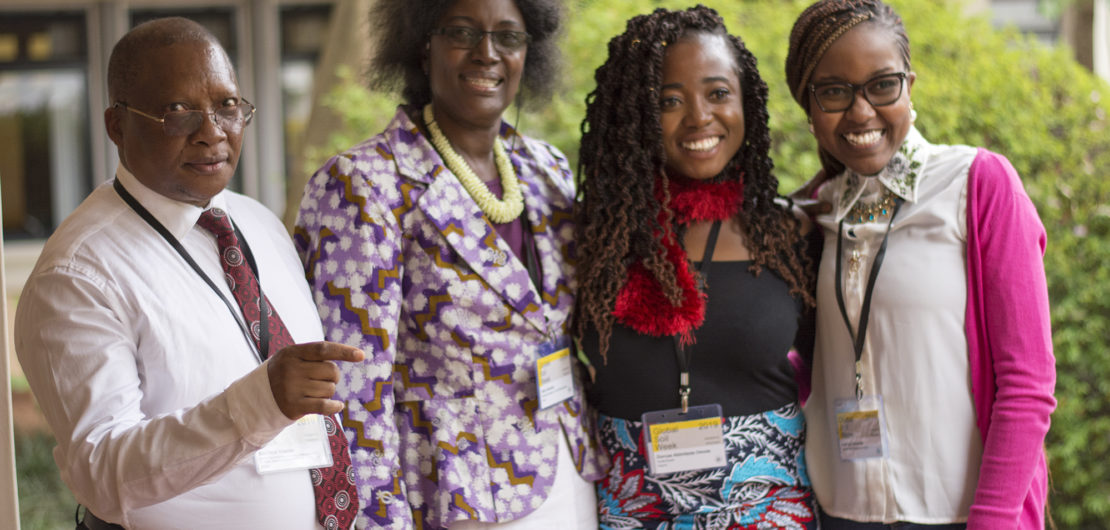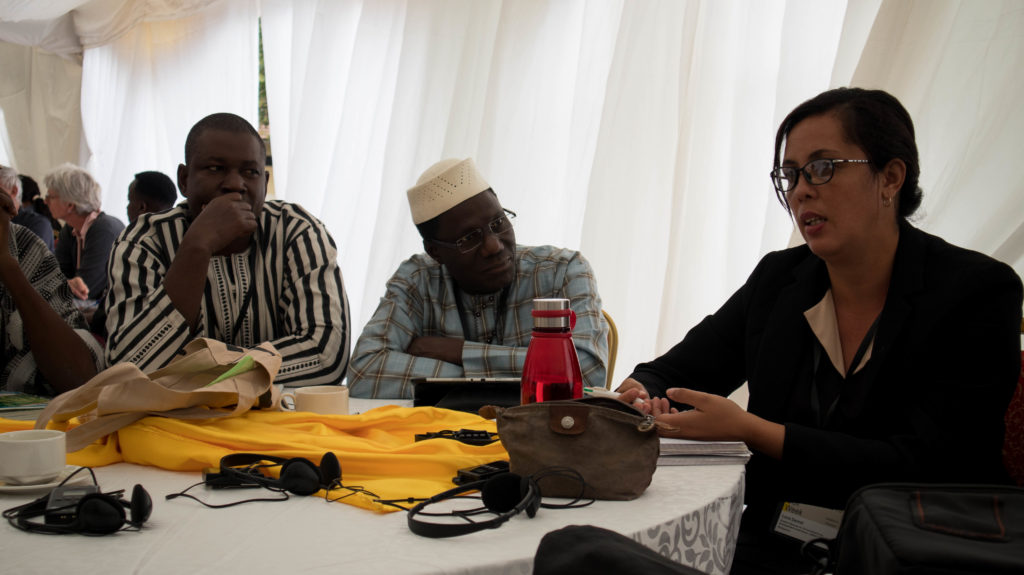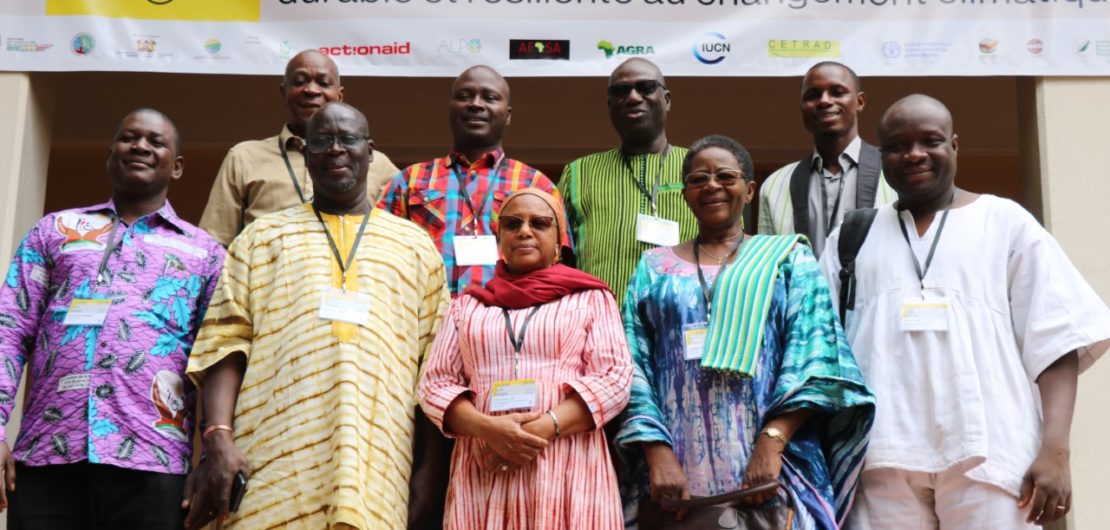 Youth in Soil
Youth in Soil
Scaling-up Sustainable land management in Africa
Scaling-up Sustainable land management in Africa
By Atula Owade
The 2019 Global Soil Week event has an actionable theme of ‘Creating an Enabling Environment for Sustainable and Climate Resilient Agriculture in Africa’.
In achieving the theme for the conference, it was said that Sustainable Land Management (SLM) cannot be achieved without government support and aside from policy formulation, governments also run institutions that can be used to push the SLM agenda.
It was obvious that three of the four dimensions of the Global Soil Week directly depend on government interventions:land governance, extension and advisory services as well as local governance.
The opening plenary on Day 3 of the conference included delegations from several African countries where each of the delegates gave insights on the government interventions for sustainable land management in their respective nations.
Benin
The Benin delegation led by H.E. Jeanne Josette Acacha Akoha, the Cabinet Director at the Ministry of Environment and Sustainable Development. In her speech, she illustrated how land degradation was negatively affecting the country’s economy and destroying ecosystems. To counter the issue, government created several measures such as adoption of an action plan for sustainable land management; accreditation of a national fund for the environment; establishment of two research centres for resilient agriculture; and strengthening the role of the private sector and NGOs for sustainable land management. She also reiterated the government’s commitment to embracing new ideas and partnerships that give life to soils.
Burkina Faso
The Sahel nation was represented by H.E Dr. Zacharie Segda from the Ministry of Agriculture & Hydro Agricultural Management. He started with the fact that establishing equitable land tenure for female farmers was one of the most important enabling environments for SLM and hence the government developed bottom-up legislation to achieve it.
He further explained that the government of Burkina Faso is launching a land degradation neutrality process to counter desertification. He mentioned that some positive results have been achieved including organisation of relevant stakeholders, and review of legislation.
He assured that going forward, the government intend to scale up these efforts to achieve sustainable land management. Dr. Segda concluded by saying that these efforts would not only protect soils, but also increase agricultural production.
Madagascar
Located in the Indian Ocean, Madagascar has one of the most unique arrays of biodiversity on the continent and protecting it via sustainable agriculture is a key priority for the government. The country delegation was represented by H.E Ms. Ony Malalaniaina Rabearivololona, the Director General of Sustainable Development in the Ministry of Environment.
She stated that on top of adhering to the UN declaration on climate change, the government had adopted research on sustainable solutions and developed 14 priority projects on resilient agriculture with the objective of rehabilitating soils while boosting production. Conclusively, she underscored government commitment to SLM irrespective of others economic challenges.
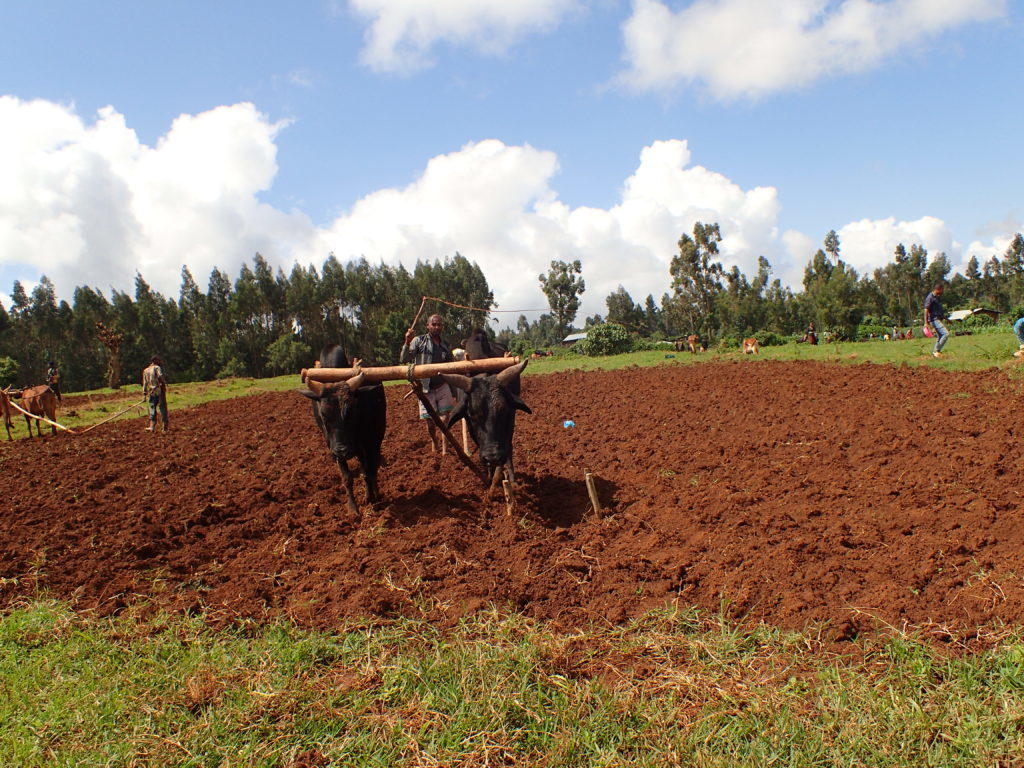
Ethiopia
Addis Ababa was represented by H.E Etefa Diba Areri, a Member of Parliament who sits in the Agricultural Affairs Standing Committee. From his presentation, it was clear that the country heavily depends on agriculture as it employs more than 80% of the population and contributes to 42% of the GDP.
Despite the potentials of agriculture in the country, 80% of their lands are degraded due to poor land management and unsupportive agricultural policies. Some of the government efforts include formulation of policies, development of a green economy strategy, and establishment of the Ethiopia Soils Information Service for monitoring soil health and fertility. H.E Etefa Diba Areri said the government is also promoting agroforestry alongside construction of soil and water conservation structures to protect and rehabilitate soils.
Kenya
Lucy Njenga spoke on behalf of the GSW2019 host country’s Minister of Agriculture, Kenya, highlighting some of the progress the country was making towards SLM. She poised that the government had put in place the national soil management policy which is designed to protect the environment.
She expressed that the policy is meant to facilitate adaptation to climate change and, working with partners such as the German government to facilitate sustainable increase in agricultural output and incomes.
The ministry was also initiating several projects including the Kenya Climate Smart Project Strategy which will impact more than 360,000 rural farmers. With such efforts, the government intends to empower its people in undertaking SLM to protect soils and improve livelihoods of Kenyan farmers.


